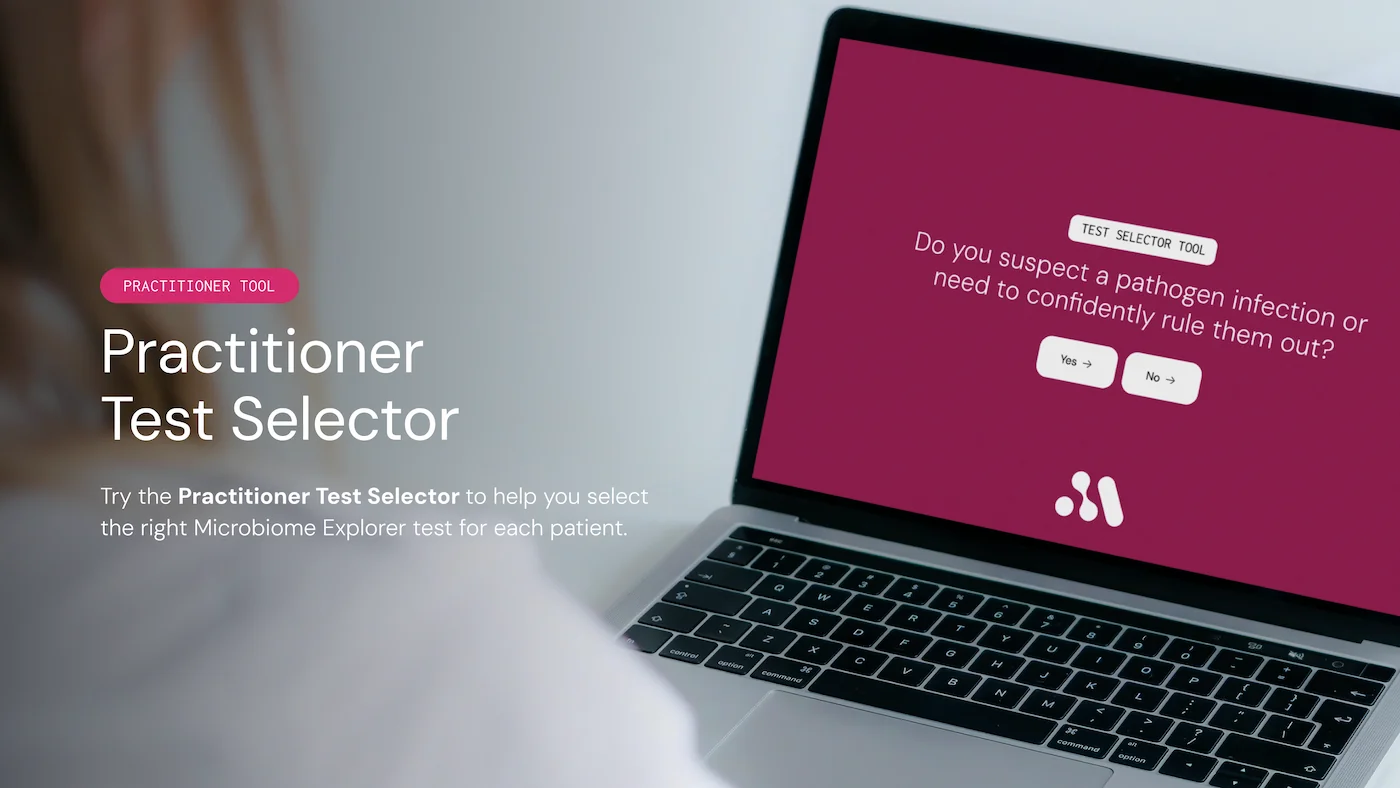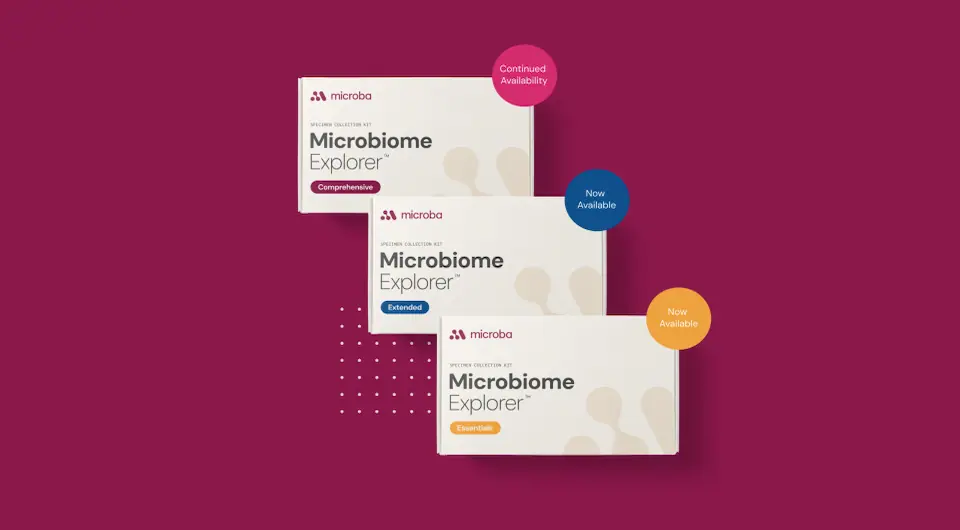Explore All
Sort by
Categories
Clear
Explore All
News and Events
Full Microbiome Explorer range – now in the UK
Introducing Microbiome Explorer Extended and Essentials — Flexible, Clinical-Grade Microbiome Testing for UK Practitioners. We’re pleased to announce the UK launch of Microbiome Explorer Extended and Essentials, expanding the Microbiome Explorer range to support more flexible testing across a wide range of clinical scenarios. With this launch, UK practitioners now have access to the full Microbiome Explorer range – from insights about the microbiome’s impact...
Read More
















